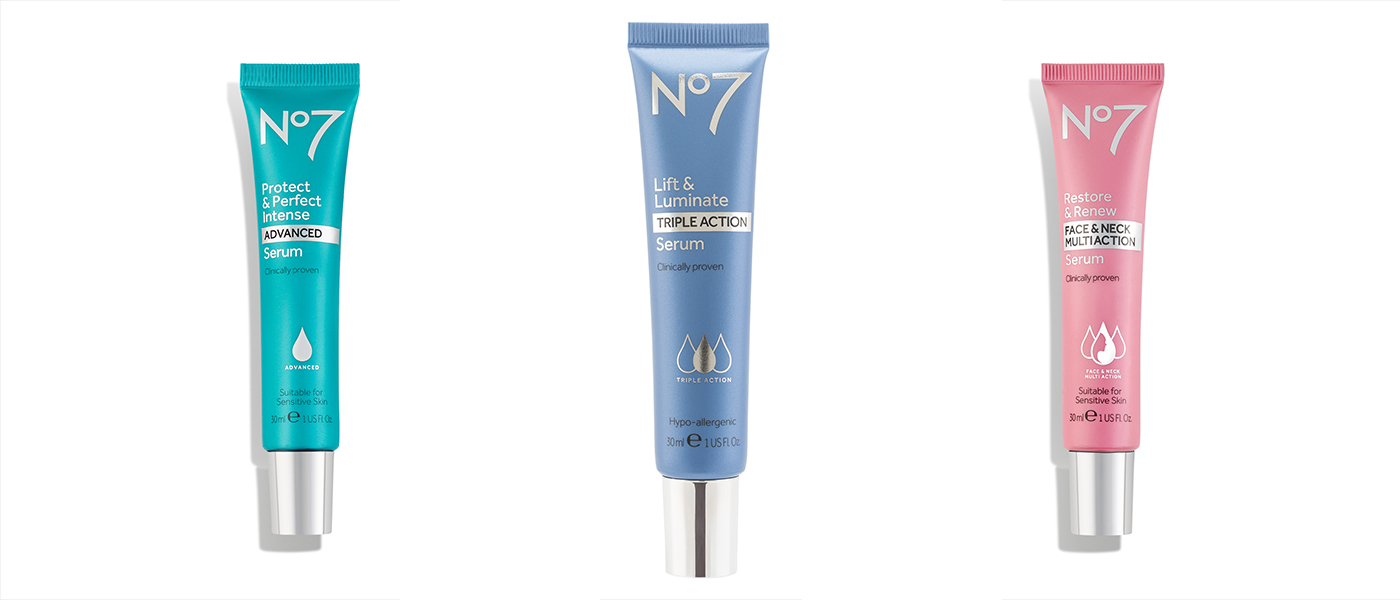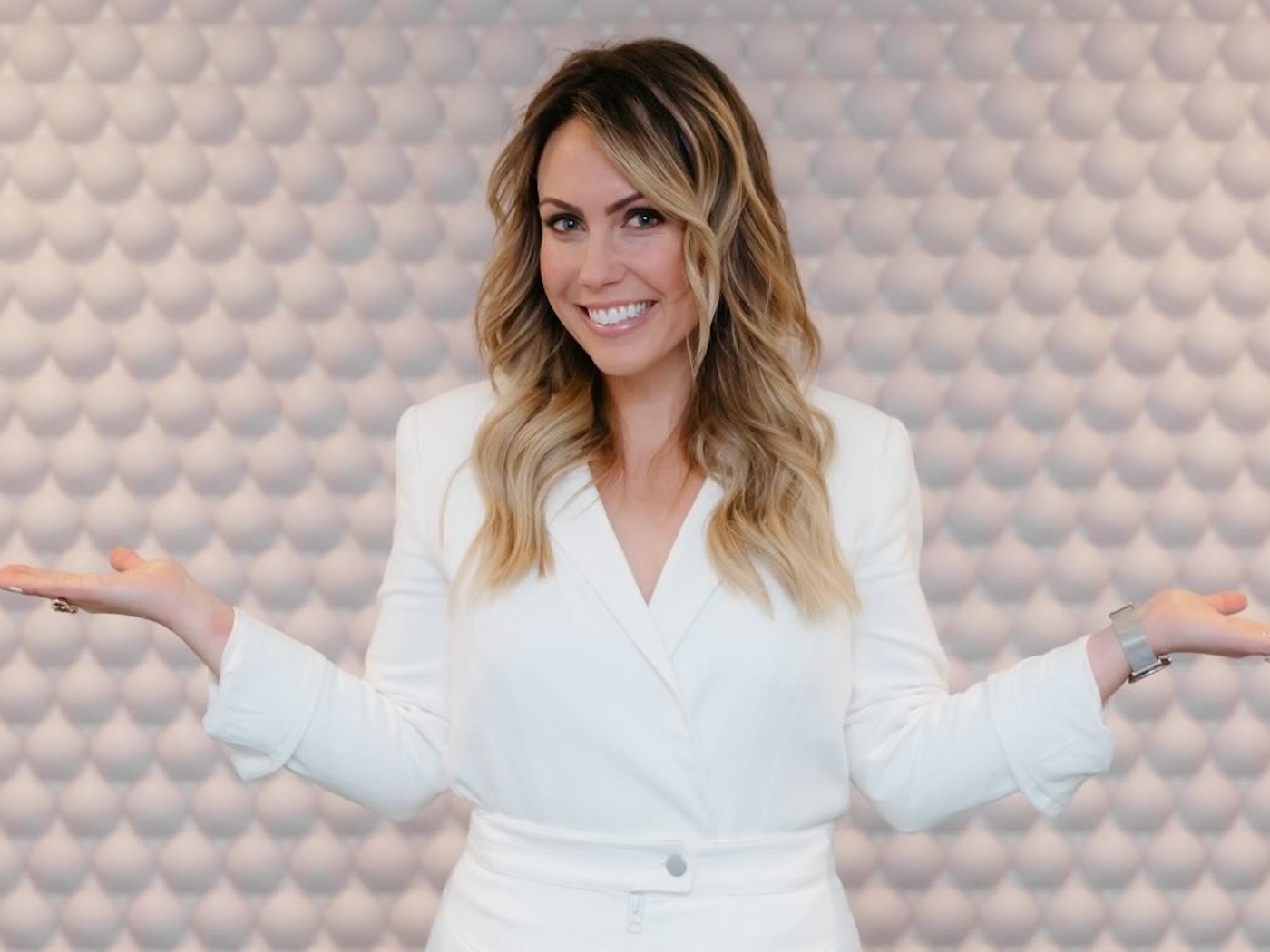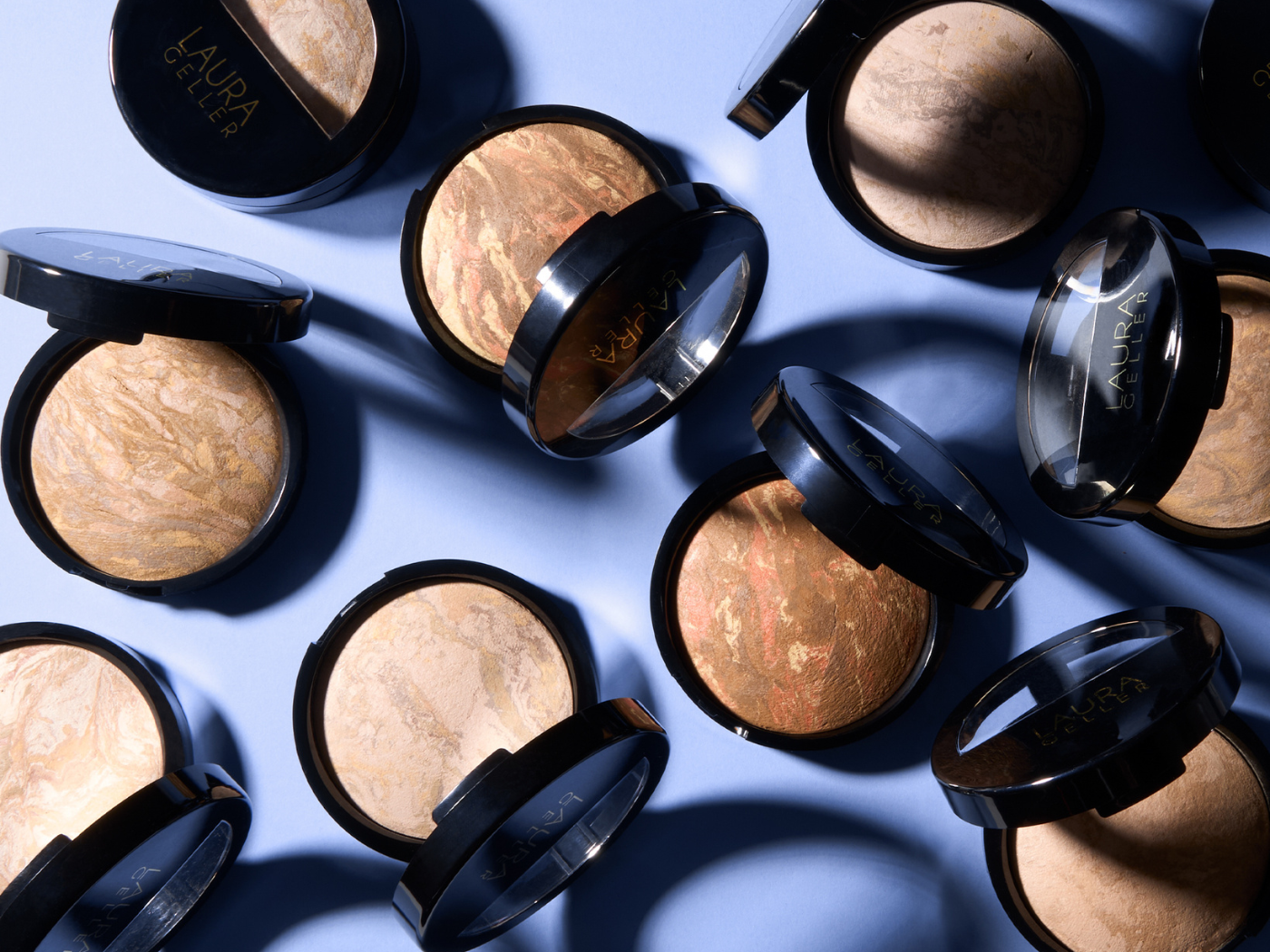As people return to doing the mundane, such as visiting the dry cleaners, or the more festive, such as weddings, more than a quarter of all women are turning to new products to make their skin look healthy post-pandemic.
That’s one of the findings from the first-ever No7 Real Life Ready Skincare and Serums Report released by global beauty brand, No7. The research, being revealed today, dovetails with the brand’s kick-off of “Real-Life Ready” campaign, where women discuss how the pandemic impacted their skin. A similar initiative was deployed in the U.K., which exceeded expectations, and focused on skin care during quarantine called, “Lockdown Lines.”
No7 conducted research to help it stay fresh by understanding consumer needs. “In this changing world, we find it essential to continually refresh our understanding of women’s beauty behaviors. No7 researchers regularly conduct conversations with up to 20,000 consumers to track their beauty needs, and have a testing panel of 70,000 diverse women,” said Anisha Raghavan, Chief Marketing Officer, No7 Beauty Company North America.
Anecdotally, Anisha and her team knew digital habits accelerated during the pandemic and some of those practices will stick even as consumers get back to real life.
“We are a data-driven team with the advantage of access to first-party retailer data given we are owned by Walgreens Boots Alliance. One of our top priorities is mass personalization at scale – the ability to deeply understand our consumer and personalize our offerings, marketing messages and service to their specifics needs.”
In summer 2021, No7 paired its new research (gleaned from interviews with more than 1,000 U.S. women between the ages of 25 and 70) with expert commentary to provide women with information to get their skin vibrant and healthy as the world begins to return to normal. Third-party experts included dermatologists, estheticians and make-up artists.
The findings include that skin care was one of the fastest growing categories within beauty over the last 18 months. In fact, Google Trends reports a 48 percent increase in searches about skin care.
“We are finding demand for skin care products is strong across the globe – in the U.S., the skin care market grew 7 percent in just the last four weeks. At the No7 Beauty Company we are committed to building strong beauty brands for all ages, ethnicities and skin types and we have high growth ambitions,” Anisha said. “In the U.S., we recently expanded distribution to Walmart and Kroger, in addition to our long-standing partnerships with Target, Ulta and of course, Walgreens. No7, our flagship brand, is now available in over 16,000 U.S. stores.”
At a time when makeup usage stalled, the pandemic accelerated Americans’ emerging obsession with taking better care of their skin.
“We know people are seeking affordable options that tackle specific skin care concerns [the report found that women are purchasing products to tackle dry skin (49 percent) and fine lines and wrinkles (48 percent) and we are in a privileged position to offer prestige-quality, age-defying products at an affordable price.”
The current market and the report’s results inspired No7’s new campaign. Additionally, No7 had news to share about its Pro-Age Serums.
“Our science team and their partners at the University of Nottingham used a unique state of the art imaging tool to track the depth of penetration into the skin of our proprietary collagen peptide technology, Matrixyl 3000+. Never before have we been able to analyze the real-life penetration of our No7 technology in such detail, and this provides further validation of the efficacy of Matrixyl 3000+ as a wrinkle targeting peptide,” Anisha said.
One of the findings of the just-released report is that women who invested time into making their skin look healthy during quarantine feel happier about their skin now compared to pre-pandemic.
Many continue to turn to serums. “There were deeper insights uncovered in our ‘No7 Real Life Ready Skincare and Serums Report’ around this,” Anisha said. “We were surprised to learn just how much serums usage has increased: 50 percent of women in the U.S. are currently using a serum in their skin care routine, and 85 percent of them are using it every day,” Anisha said. Most women try to keep it minimal when it comes to their skin care routines with three or fewer products. Nearly 50 percent of women say they’re incorporating a serum and 85 percent of those women say they use it daily.
The research validated that the brand is focused on the correct segments. No7 is known for its Pro-Age Serums – one is sold every 15 seconds in the U.S. “Our Pro-Age Serums have not only been tested on 5,000 women across nearly 80 clinical trials and are dermatologist-approved, but they contain our proprietary collagen-peptide technology and ingredient blend which penetrates the skin 10 surface layers deep – so what this means is our Pro-Age Serums dramatically slow down the signs of aging and target damage you can’t even see,” she said.
Dry skin, fine lines and loss of firmness are top concerns for women when purchasing skin care products with a focus on aging around the eyes.
Nearly 40 percent of women feel happier with their skin now compared to the last year. “Those who feel happier with their skin say it’s because they’ve invested time in it during the pandemic, while on the other hand, those who are less happy say the pandemic ‘aged their skin,’ with nearly 34 percent saying they haven’t paid enough attention to their skin during the pandemic,” said Anisha.
The motivating purchasing factor for women are whether a product is clinically proven from brands they trust and/or whether they’re recommended by a dermatologist.
These findings present a window into what the future of skin care will look like, and helped form the basis for the new campaign.




